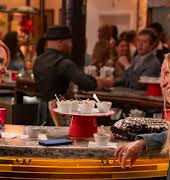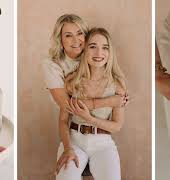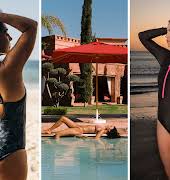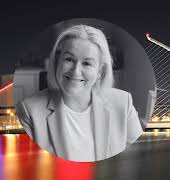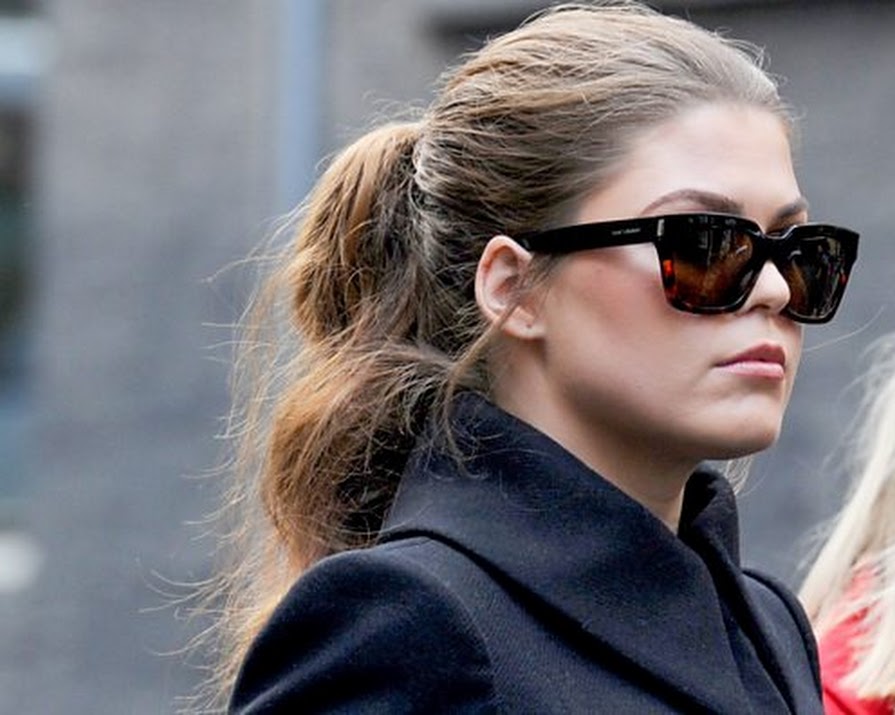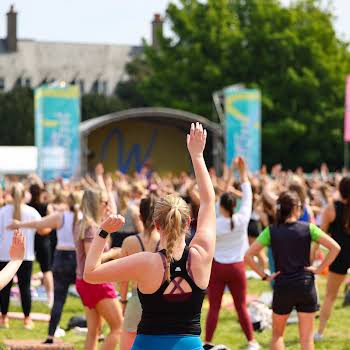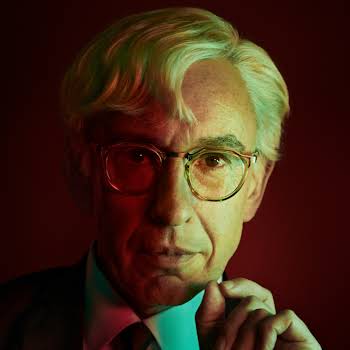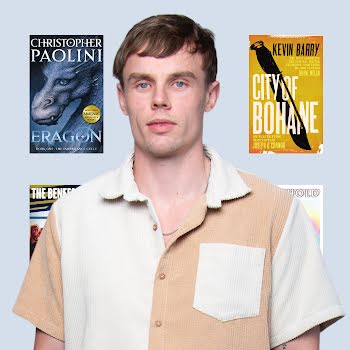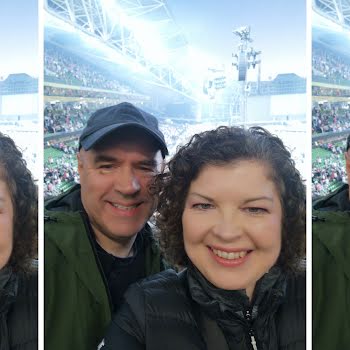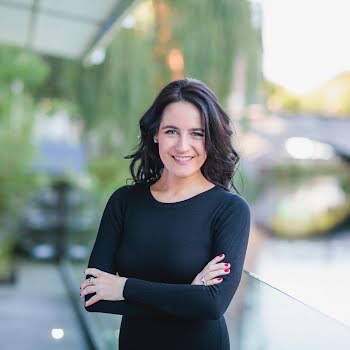
How wellness ‘guru’ Belle Gibson duped the world with her brain cancer scam
By Jennifer McShane
09th Jul 2022
09th Jul 2022
A recent BBC documentary, Bad Influencer: The Great Insta Con, looked at the downfall of one of Instagram's first wellness scammers.
Have you seen the documentary film Bad Influencer: The Great Insta Con yet? First airing on BBC One this time last year, it tells the extraordinary tale of Belle Gibson, the Melbourne “wellness” guru who duped the world with a fake story about terminal brain cancer.
Who is Belle Gibson?
Gibson was one of the first predominantly successful wellness bloggers who amassed more than 300,000 followers on social media. The radiant 26-year-old (who was actually 23), looked perfect from the outside but told the world it was a different story, and that she had had cancer of the blood, spleen, brain, uterus, and liver. The tumour, she said, was inoperable.
As a young mother – she had a son at 18 – she was enigmatic and had what seemed to be an extensive knowledge of the wellness industry but she was ultimately unknowable. This elusiveness served her well; in fact, it was the ideal backdrop for her web of deceit.
Gibson claimed to have kept her cancer in check by spurning conventional medicine and instead adopting a “wellness” diet – everything from avocados, berries, and all the foods that are meant to optimise our mind and body. But curing cancer? She made it seem plausible and when she documented her “miracle” recovery on Instagram she became a worldwide celebrity.
Then in 2013, she took things a step further and launched a health, wellness and lifestyle app, The Whole Pantry, which had been downloaded more than 300,000 times on the App store and made her millions. Then came the book. Few questioned her claims, but doubts soon surfaced when she said she was getting progressively worse, yet her appearance remained unchanged – she looked the exact opposite of anyone with a terminal illness.
“With frustration and ache in my heart . . . it hurts me to find space tonight to let you all know with love and strength that I’ve been diagnosed with a third and fourth cancer,” she wrote last July. She called her fans a community and said they helped her healing process and said during a media training session that it felt strange to know she looked so healthy on the outside while dying on the inside.
Victims
If there were victims in this, they weren’t Gibson. The BBC documentary details the stories of Pixie Turner, a Bella fan who rejected doctors’ advice and attempted to treat her illness by embracing the diet and lifestyle that she promoted on social media. Then Maxine Ali, who had been taking steroids to deal with an underlying condition and, prior to discovering Gibson, had been struggling with their side effects for several years.
“This was the answer to everything I had been looking for,” she said, adding that Gibson was an influential factor in her decision to adopt a wellness lifestyle to try to help manage her condition.
It was a reporter Richard Guilliatt, who dug deeper – his wife had battled cancer and he just couldn’t fathom Gibson’s story or the fact that no trail of her existed before 2012 – and unmasked the real Gibson, who never had cancer and had a history of feigning illness. Then reports surfaced of Gibson, who had promised to donate thousands to various charities, having financial issues. The charities said they had received no funds and Gibson blamed it on “poor projections” for her app and book. It was the beginning of the end. The lies, Guilliatt found, went back years.
But prior to the reporter asking the hard questions, no one thought to question Gibson or fact-check any claims. Not the publisher of her book, nor the magazines who wrote about her.
Magazines tried to explain why it published stories about Gibson without, seemingly, doing background checks. Some got anonymous emails outing Gibson as a compulsive liar but they were written off as trolls or leads that went no where. But it was too late, the article was published, the Apple endorsement and the Penguin book deal vanished, as did Gibson. Her social accounts were wiped clean.
The truth
Then in late April 2015, Belle gave an interview to The Australian Women’s Weekly, in which she admitted to fabricating everything.
“None of it is true,” she said.
Belle blamed her upbringing, saying she’d been neglected by her now-estranged mother and was misled by alternative medicine professionals. She never followed up to get traditional tests, “accepting” her terminal diagnosis and “searching” for alternative treatments.
In September 2017, the Australian government fined her £240,000 for misleading followers about donating money to charity. Gibson was then found guilty of five breaches of consumer law. She has not paid any of the money back.
And as she refused to participate in the documentary, we’re as in the dark now, as we were then. But what we do know is that Gibson was just one example of the darker side of the wellness industry.
However, Ali, who now works as a linguist and health writer, and explores the language of wellness through research, added it was important to recognise that Gibson was far from one bad apple within an otherwise benevolent industry.
“Wellness was and continues to be rife with dangerous health messaging that preys on people’s vulnerabilities and insecurities. Belle and the lies she concocted were very much a symptom of the wider toxicity that is wellness culture, which has only become more widespread and insidious in the years since.”

